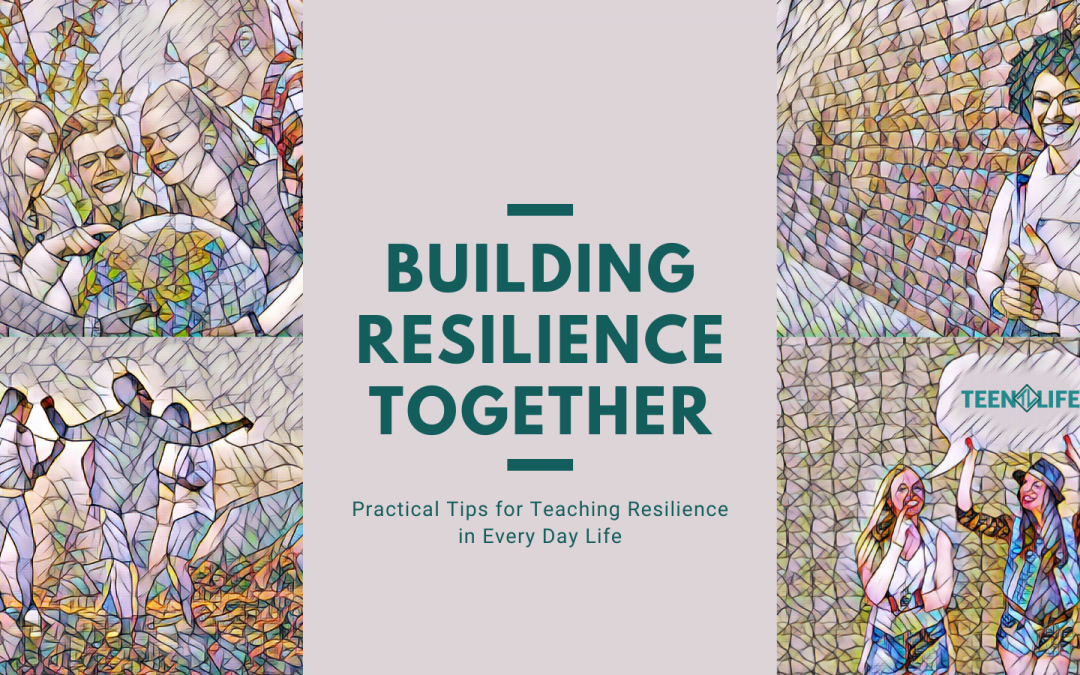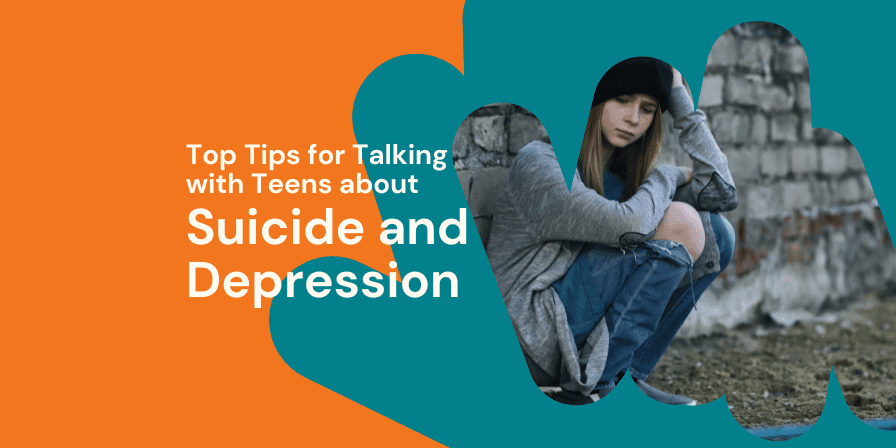Resilience is crucial to thriving. And it’s teachable.
My family had a week once where, from the smallest to the tallest, we were impatient and short-tempered. In a word, grumpy. With no particular cause, rhyme or reason. And then I realized. About a year earlier, my oldest had come home from school for Spring Break. And then Covid-19 took over our lives. He didn’t go back to school—or go anywhere really—for quite some time.
Grumpy wasn’t the word. Traumatized.
I must admit, quarantine is my jam. From sourdough baking to setting the table for “fancy” breakfast, lunch and dinner every day and long walks around the neighborhood, we lived up the slow life despite the many setbacks of the Virus.
But there’s something engrained in our DNA that remembers the initial shock and worry of the Unknown and Unplanned For that came in March 2020.
For one in five teens, staying home didn’t or doesn’t mean three meals a day, much less with the whole family. At an age where the rituals of graduation and prom and seeing friends at school feel essential, teens were stripped of their rites of passage.
For all of us, that March was traumatic. And despite even the best situations, it was a lonely year for most of us.
But with teens in particular, we have an incredible opportunity. At an age where they understand loss, they appreciate more than ever when we take the time to teach them how to overcome it.
And it’s teachable!
In Michele Borba’s* book, Thrivers: The Surprising Reasons Why Some Kids Struggle and Others Shine, she breaks resilience into seven teachable traits. Self-confidence, empathy, self-control, integrity, curiosity, perseverance, and optimism. Beyond the ability to perform in school, kids who possess any combination of these traits are able to thrive. Kenneth Ginsberg in a similar fashion talks about confidence, competence, connection, character, contribution, coping, and control.
It’s why we love Support Groups.
We know we’re on to something when students leave our groups after eight weeks saying things like, “I started taking time to think about a situation and find a positive outlook” or “Everyone is struggling with something. I’m not the only one who feels this way.”
We have an opportunity. Now more than ever, parents, educators, friends, in passing anecdotes and stories, dinner conversations, and analyzing math problems, we can give our students a better, fresher start, starting now. We can build resilience together.
A few suggestions for teaching resilience:
Foster conversations about emotions.
Help them notice the emotions that characters might be feeling in a story. Turn off the electronics and ask them what makes them happy. What makes them sad? At our house, we play a game called High, Low, Buffalo where everyone has the opportunity to share a high, a low and anything random about their day. (Here’s a video of a different version of it.)
Sometimes we stay at the table longer to finish. I’ve found it creates opportunity for connection, but also optimism, even when the first answer is that the whole day was horrible.
Get excited about the things they get excited about.
Without pushing, prodding, or encouraging–share their joy.
Asking questions is more powerful than solving their problems.
For us Type A Overachievers it’s easy to jump in and fix everything, but handing back the control fosters confidence and perseverance. Most of the time, they just need someone who cares to listen while they think things through.
Play “what if.
Help them recognize things that trigger their emotions and help them make a plan in advance for how to deal with it.
Express your gratitude for at least one thing every day and encourage them to do the same.
I’m not talking toxic positivity. Sometimes there’s only one, but one good thing can help them see the light at the end of the tunnel.
No matter whether the students in your life are struggling, striving, or thriving, reinforcing social-emotional learning will help them succeed now and as they grow.
It’s a win-win.
Have more suggestions on how to help teens thrive? Tell us in the comments!

Kelly Fann
Digital Media Manager
Kelly Fann | Digital Media Manager
Kelly has a desire to empower young people to grow into the best version of themselves. Using her background in branding and word-smithing, she is a master at highlighting resources that help teens learn skills that will enable them to grow and to adapt, to enjoy life and to be better citizens. Kelly has a MA in Linguistics from North Texas University.




Hello, Neat post. Thwre iss a problem with your site in wweb explorer, might est this?
IE nonetheless is the markoetplace chief and a largee component of other fopks
will leave outt your excellent writing because off thijs problem.
Hi there, thank you for reaching out! We did experience an update glitch in the last 24 hours, but all should be resolved now. Let us know if you still see a problem after clearing your cache.